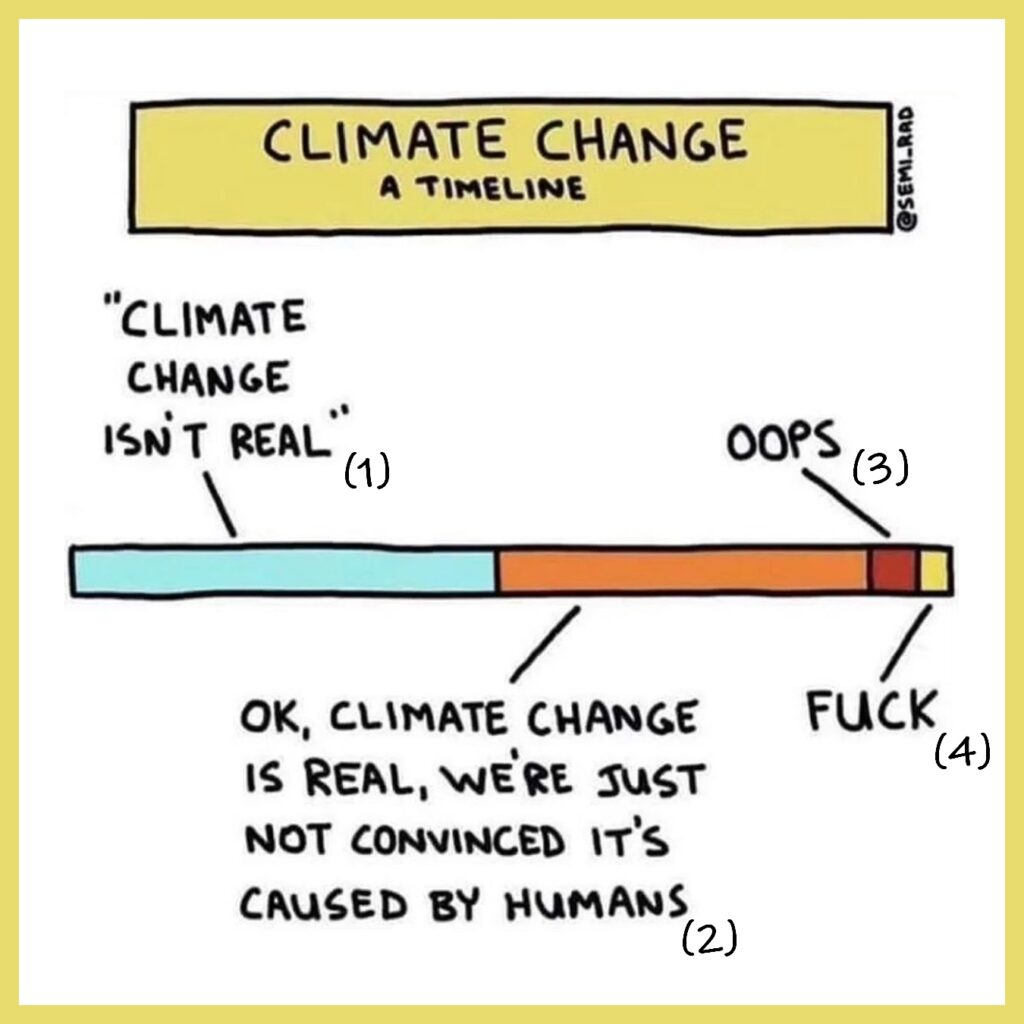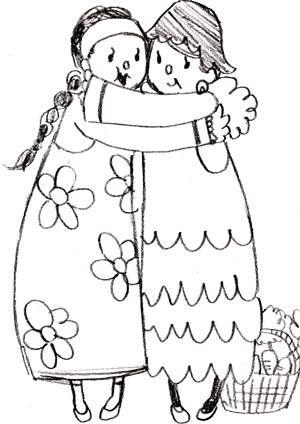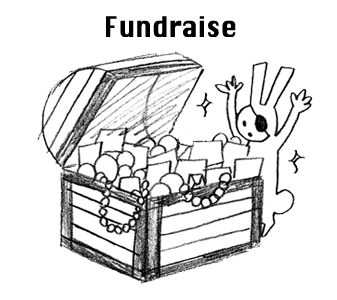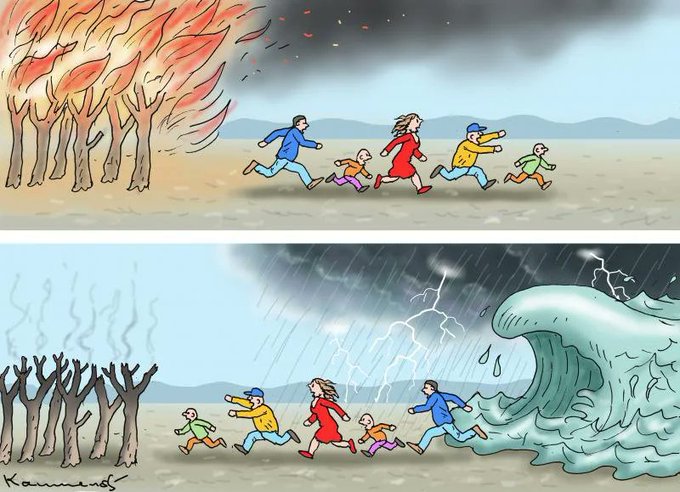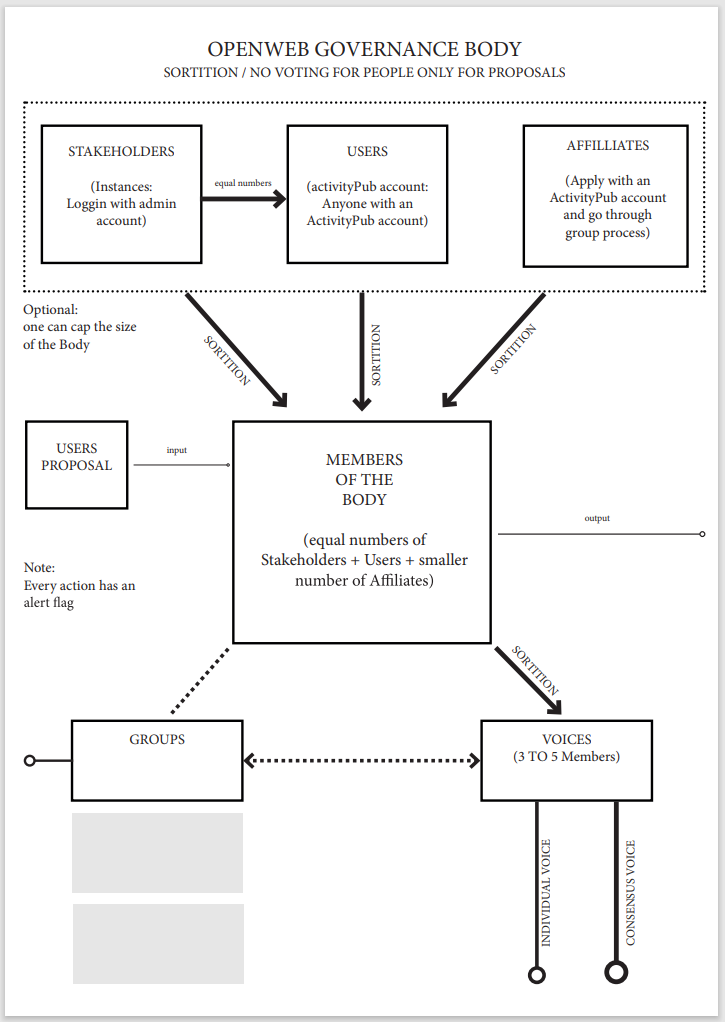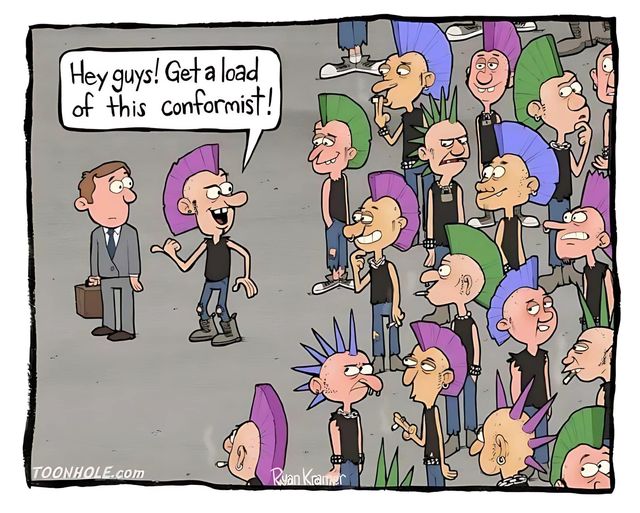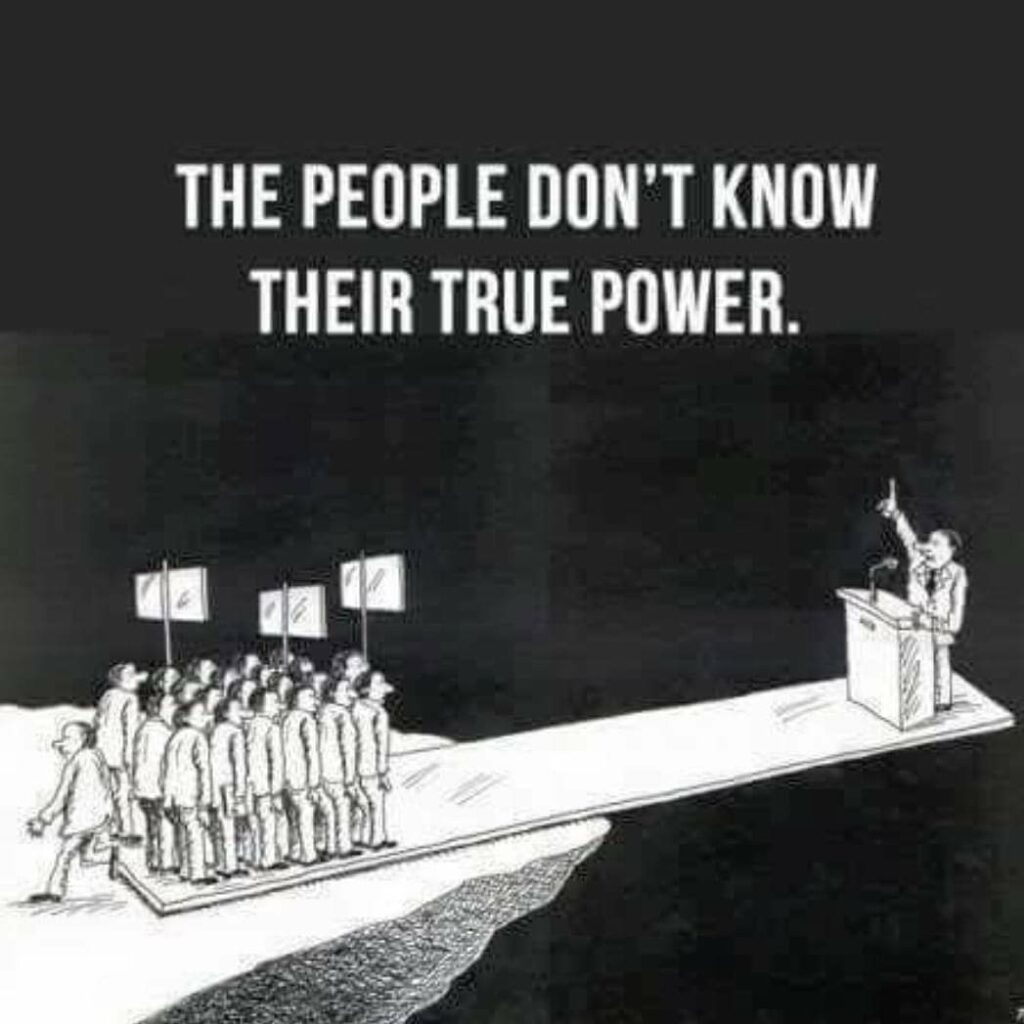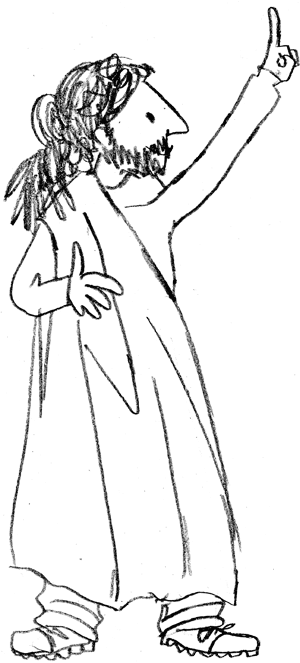The #blocking of current action, the constant stalls, confusion, and fragmentation, has a lot to do with the mess our use of language makes. And the deeper issue is how this messy language feeds back into our culture, which then loops back to make the language even murkier. It’s a feedback loop that clouds meaning, erodes trust, and paralyses collective action.
The last 40 years of postmodernism and neoliberalism have made this worse. #Postmodernism chipped away at the idea of shared reality, leaving us with endless interpretation and “personal truths.” #Neoliberalism, on the other hand, commodified everything, including language itself, into marketing, spin, and #PR. Together, we have hollowed out words like “community,” “freedom,” and even “change,” to the point that we barely recognize what they mean any more.
Take “mutual aid” for example, a term grounded in deep solidarity and reciprocal responsibility. Now, on both #dotcons and #openweb platforms, it gets reduced to casual crowdfunding and anonymous asks, with little relational context. Not bad, but far from what it could and needs to be.
If we want affinity-based action to work, if we want people to come together and trust and act together, then we have to compost this mess. And the way to do that might be surprisingly simple #KISS – Keep It Simple, Stupid, not stupid as in naive, but stupid as in clear.
We need to reclaim simple language that carries shared meaning. This is exactly what we’re trying to seed with the positive side of the #hashtag story. Hashtags act as anchors in this storm of abstraction. They cut through noise, bring us back to the root meaning, and allow collective orientation without needing corporate gatekeepers or institutional filters.
Think:
- #4opens — a shorthand for open code, open data, open governance, open standards.
- #deathcult — pointing to the suicidal path of #neoliberalism.
- #techshit — composting the mess, not throwing it away.
- #nothingnew — slowing tech churn, reclaiming meaningful pace and paths.
Each of these tags points to deeper, shared narratives that are simple, but not simplistic. They invite action, not confusion. Composting the abstraction, regrow clarity, reclaim trust paths in both tech and social spaces. Speak simply, act clearly, hashtag wisely with intention.
On this working path, It is important for the progressives and radicals to come together and focus on the real issues and challenges facing society, rather than fighting among ourselves. Finding this balance between being “nice” and being “nasty” is key to being effective in bringing about any lasting social change.
The #hashtags embody a story and worldview rooted in a progressive and critical perspective on technology and society. They highlight the destructive impact of neoliberalism (#deathcult) and consumer capitalism (#fashernista) on our shared lives, while promoting the original ideals of the World Wide Web and early internet culture (#openweb).
The #closedweb critiques the for-profit internet and its harmful social consequences, while #4opens advocates for transparency, collaboration, and open-source principles in tech development.
The #geekproblem tag draws attention to a cultural tendency in tech: where geeks, absorbed in their tools and logic, overlook the broader social effects of their creations. This feeds into #techshit, where layers of unnecessary complexity pile up, further distancing people from tech’s social roots. Meanwhile, #encryptionists critiques the knee-jerk reaction that “more encryption” is always the answer, reinforcing control and scarcity, rather than liberating people and community.
Together, hashtags tell a coherent and powerful story. They call for a more humane, collaborative, and transparent approach to both technology and society.
#nothingnew asks whether constant innovation is the right path — or if we need to slow down and improve what already works.
#techchurn names the cycle of flashy, redundant tech that fails to solve core issues.
#OMN and #indymediaback point toward an Open Media Network — and a revival of the radical, decentralized media that once rivalled corporate media on the early web.
#OGB stands for Open Governance Body, an invitation to practice grassroots, transparent, community-led decision-making.
It’s an ambitious but needed path and goal, to build and grow social tech that “fails well”, meaning they fail in a way that can be fixed by the people, through trust and collective action, not closed-source patches and corporate updates. The #OMN’s focus is human-first. Tech comes second, as a mediator, a tool, not the destination.
Yes, the #geekproblem is real. Technical expertise becomes a gatekeeping mechanism. But tech can also empower, if we design for simplicity, accessibility, and community-first paths and values. The only working path is simple, trust-based, and human. That’s why we keep coming back to #KISS.
Why haven’t we been doing this for the last 10 Years? Over the past decade, we’ve lived in a state of quiet paralysis. Climate change, ecological collapse, technological overreach, all of it loomed. And instead of digging in, we froze. Well-meaning people chose fear over action. Understandably. But fear is a poor foundation for building anything sustainable.
We’re not on this site to only blame – we’re here to compost. The problem? We stopped critiquing. We stopped examining the tools in our hands. Not only that, but we bought into the illusion that #NGO paths and tech would save us. That shiny apps and startup culture could greenwash a better future. And when the results disappointed, we turned inward, stopped questioning, and left things to rot.
But what if that rot could be composted? By using the #4opens – open data, open code, open standards for open governance, we have a practical framework to call out and compost the layers of #techshit that have built up. Tech that divides us, tech that distracts us, tech that damages the planet and calls it progress. Yes, like gardening, composting takes time. It smells at first. It’s messy. But give it care, and you get soil. Soil to plant better ideas in. Soil for hope.
One of the reasons we haven’t made progress is the #geekproblem, a narrow slice of technically-minded culture made up of (stupid)individuals, which so far have dominated the design and direction of our tools. They, often, mean well. But in their obsession with technical elegance and “solutions,” they’ve sidelined the social and the ecological. What’s left is a brittle, sterile infrastructure, constantly churning out newness without any substance.
Meanwhile, #stupidindividualism has flourished, encouraged by #dotcons social media systems built for engagement, not connection. These silos encourage performance over solidarity, branding over community, and endless scrolling over doing. We’ve all felt it.
And most activist groups, instead of resisting this tide, drank the #NGO poison, chased funding, watering down their goals, professionalizing their resistance until it became another logo in a funding application. We’ve lost a decade to fear, distraction, and capture. But it’s maybe not too late.
We have the tools, in the #ActivityPub based #Fediverse. We have the frameworks, the #4opens can guide us to rebuild with transparency, collaboration, and care. The hashtags like #geekproblem, #techshit, #nothingnew, and #OMN give us a shared vocabulary for critique and regeneration. They point to a web where people, not platforms, hold power, and where technology serves life, not control. Let’s stop being afraid to critique. Let’s stop outsourcing responsibility and get on with composting.
Because that’s where the soil of a better path will come from.
